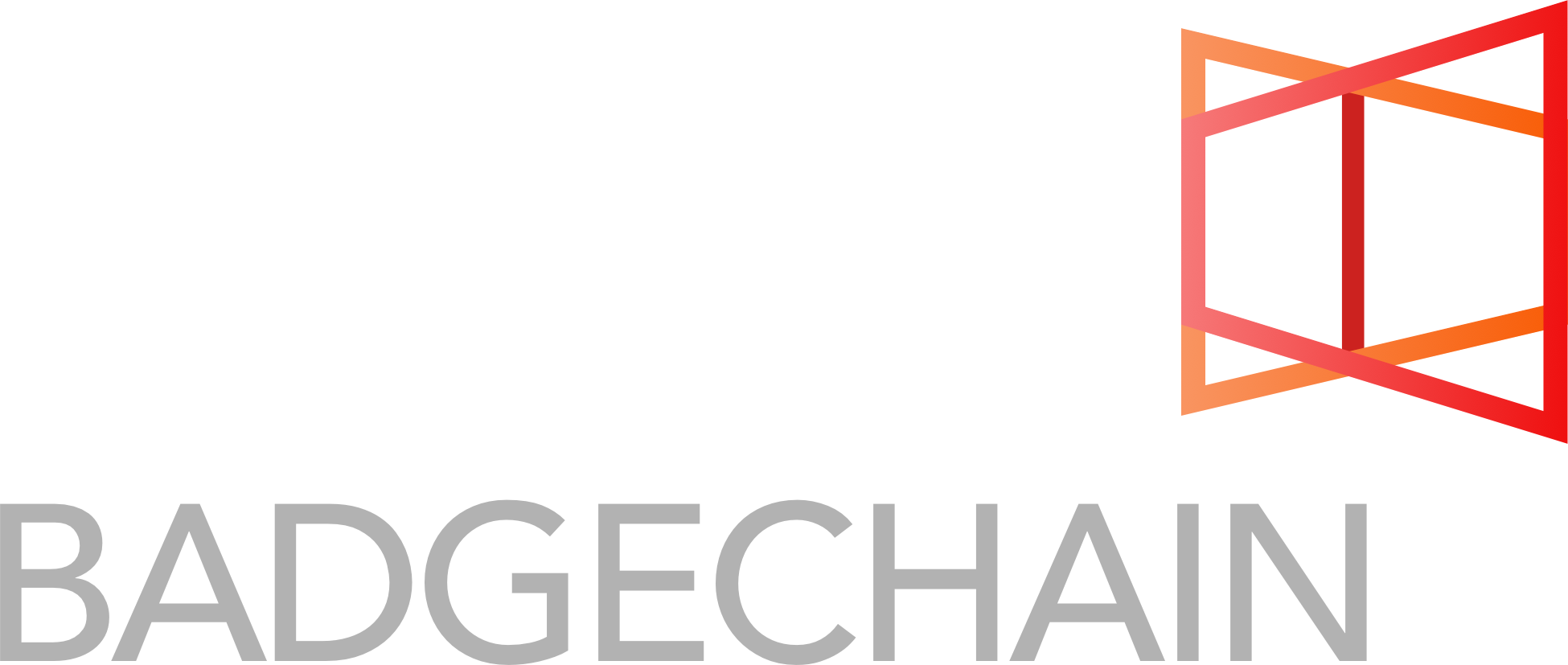Do you trust Google, Snap, Facebook, and Instagram? If you store your data, pictures, ideas, etc. with them, you might want to consider this question seriously. Right now any of them disappearing seems impossible—there are server redundancies upon server redundancies that are designed to protect your content, but have you ever perused any of their Terms of Service? Here’s a representative sampling from Twitter’s ToS: “you grant us a worldwide, non-exclusive, royalty-free license (with the right to sublicense) to use, copy, reproduce, process, adapt, modify, publish, transmit, display and distribute such Content in any and all media or distribution methods (now known or later developed).”
It’s the “If you’re not paying for the product, you are the product” adage with real world consequences. But images of cute pets and silly face lenses are not the only things that people are storing online or on their phones: it’s healthcare records and credit card numbers, bank accounts and personal messages. Serious stuff.
Because the current state of Software as a Service (SaaS) limits the capacity to operate outside of this controlled environment, decentralization offers a potentially vital paradigm shift in how we will store—and own and control—our personal content. In the decentralized world beginning to explode, we’ll own and share content as we see fit.
Imagine a new social application that might replace Facebook, one that employs the InterPlanetary Database (IPDB) as its database, the InterPlanetary File System (IPFS) as file storage, and Ethereum for calculations. With new technology stacks based on tools such as these, your data, files, and logic could be permanently hosted across distributed nodes. The result? No middleman. This innovation will divide the trust landscape into two entities: whoever you’d like to have access to your data and you. And if you can’t trust yourself, who can you trust?
Here are the two articles that inspired this newsletter. They provide technical insight into possible futures like the one imagined above. We recommend them to you as interesting data points in your consideration of blockchain technologies.
- Blockchain Will Usher in the Era of Decentralised Computing — Bruce Pon
- The Meaning of Decentralization — Vitalik Buterin

Follow Us